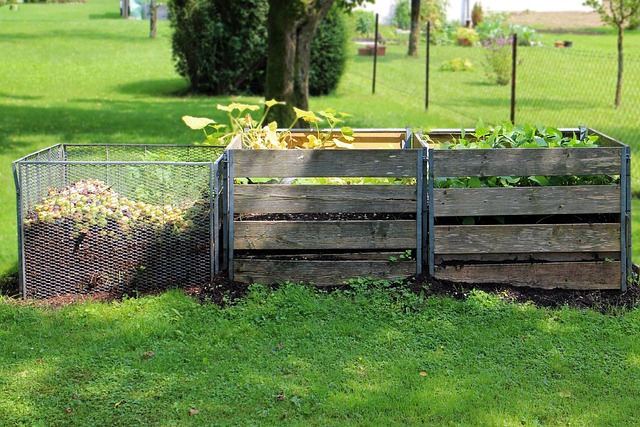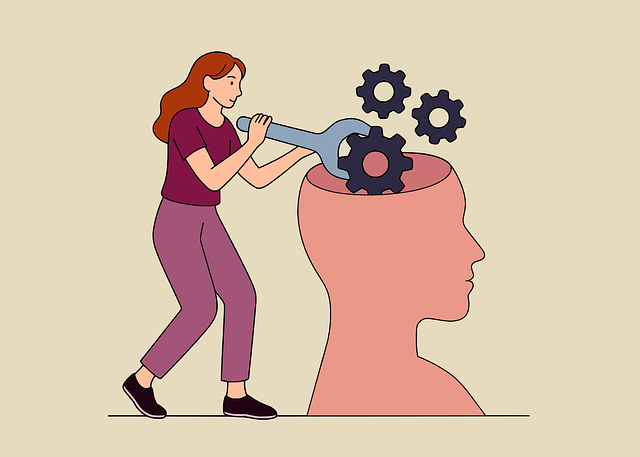Veterans struggling with substance abuse face unique challenges tied to their military experiences, such as PTSD and traumatic brain injuries. Substance abuse rehabilitation programs for veterans integrate peer-led support groups that offer safe spaces for connection and shared understanding. These groups facilitate open discussions, access to tailored resources, and evidence-based practices like CBT and mindfulness techniques, enhancing the overall rehabilitation process. By fostering camaraderie and non-judgmental support, these programs promote long-term recovery and holistic care for veterans' mental health needs.
Peer-led support groups offer a unique and safe haven for veterans navigating substance abuse rehabilitation. These groups cater to the distinct needs of military service members, fostering an environment conducive to sharing experiences and gaining insights from peers with similar backgrounds. By emphasizing peer support, these programs enhance recovery outcomes, ensuring veterans feel understood and supported throughout their journey towards a sober life. This article explores strategies for creating inclusive spaces and highlights the transformative power of such initiatives in veteran substance abuse rehabilitation.
- Understanding the Unique Needs of Veterans in Recovery
- The Power of Peer Support in Substance Abuse Rehabilitation
- Creating a Safe and Inclusive Environment for Veteran Participants
Understanding the Unique Needs of Veterans in Recovery

Veterans facing substance abuse rehabilitation often have unique challenges due to their military experiences. Post-traumatic stress disorder (PTSD), traumatic brain injuries, and adjustment difficulties can complicate their path to recovery. Peer-led support groups cater to these specific needs by providing a safe haven where veterans can connect with fellow combat colleagues who understand their struggles. This shared context fosters a sense of belonging and camaraderie, encouraging open discussions about the challenges they face.
In addition to offering emotional support, peer groups facilitate access to crucial resources tailored for military-related trauma. They often promote evidence-based practices such as Cognitive-Behavioral Therapy (CBT), which helps reframing negative thoughts and behaviors associated with substance abuse. Moreover, mindfulness techniques for stress relief, a common recommendation among these groups, can be particularly beneficial in managing PTSD symptoms. Online Support Groups for Loved Ones of Addicts can also play a pivotal role in this process, providing indirect yet powerful assistance to veterans striving for sobriety.
The Power of Peer Support in Substance Abuse Rehabilitation

Peer-led support groups play a pivotal role in substance abuse rehabilitation programs for veterans, offering a unique and powerful approach to healing. In these safe, peer-driven environments, veterans can openly share their experiences, struggles, and insights with others who have faced similar challenges. This act of sharing fosters a profound sense of connection, reducing feelings of isolation that often accompany addiction.
The benefits extend far beyond emotional support. Group counseling sessions create a supportive community where veterans encourage and hold each other accountable throughout the recovery journey. The exchange of stories and strategies helps members develop coping mechanisms tailored to their unique needs. This ongoing guidance and encouragement from peers significantly enhance mental health help, promoting long-term recovery and well-being.
Creating a Safe and Inclusive Environment for Veteran Participants

Peer-led support groups offer a unique opportunity to create a safe and inclusive environment for veteran participants, many of whom have experienced trauma and may be struggling with substance abuse rehabilitation programs. By fostering a sense of camaraderie among peers with shared experiences, these groups provide a non-judgmental space where veterans can openly share their stories and insights. The atmosphere is typically relaxed, encouraging active participation and honest dialogue.
To enhance this safety net, facilitators should undergo crisis intervention training to handle any emerging issues promptly. Additionally, incorporating evidence-based medications for withdrawal management and co-occurring disorder treatment options within these support groups can significantly benefit veterans. Such an inclusive approach ensures that participants receive holistic care, addressing both their mental health needs and substance abuse concerns in a supportive setting.
Peer-led support groups offer a vital component in the substance abuse rehabilitation programs for veterans, creating a safe haven where shared experiences foster understanding and healing. By prioritizing an inclusive environment, these groups empower veterans to support one another through the challenges of recovery, ultimately enhancing the effectiveness of overall treatment. This approach recognizes the unique needs of veteran participants, promoting a sense of community and enhancing their journey towards long-term sobriety.






